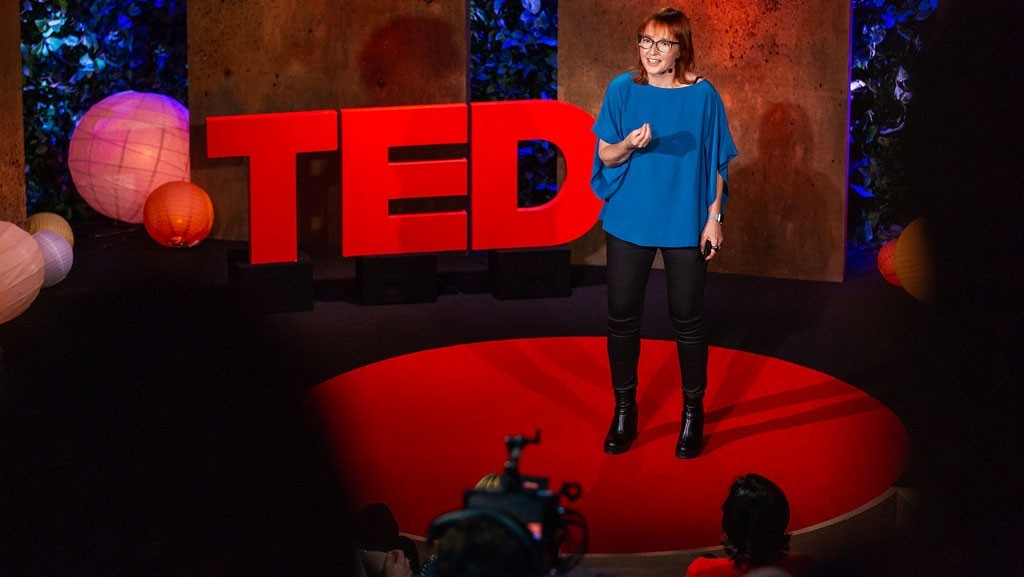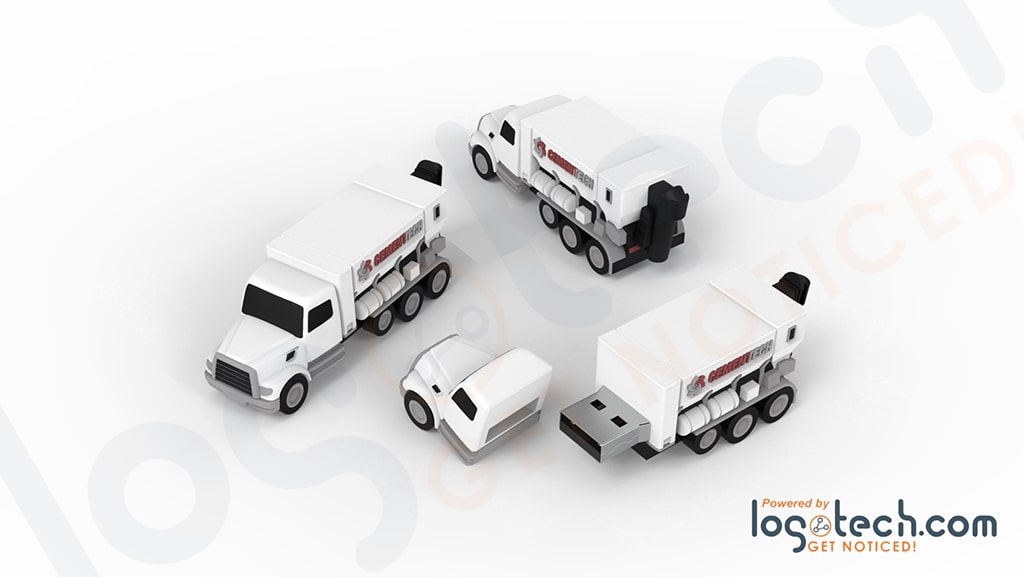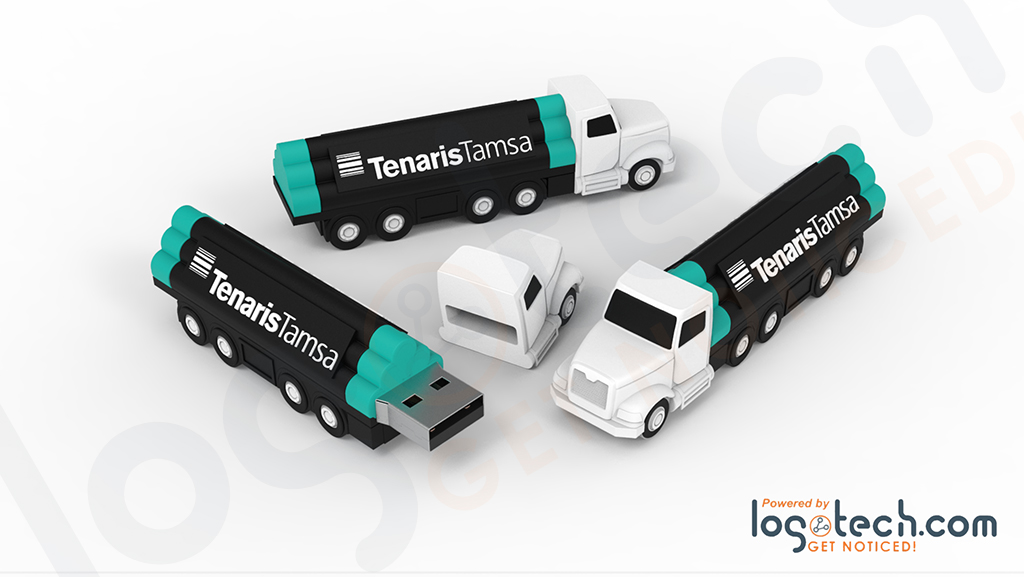
Inventing the World: 5 Must-See TED Talks
Inventions nowadays rarely seem as important as those that transformed our world during the Industrial Revolution. Yet I think many of the new ones we witness, we take for granted simply because they happen at a much faster pace and often on a smaller scale. Additionally, the problems we are trying to solve, often created by previous inventions of ours, are piling up, so it's easy to lose focus. However, millions of scientists worldwide are working hard to make our lives easier and solve some of the world's most pressing issues. Here's a handpicked selection of TED talks that show some very promising inventions.
Eating Plastics Away
Plastics are one of the most discussed issues of our times. In fact, they've been discussed so much that it often feels that we have desensitized ourselves to the topic. We hear of plastics poisoning our planet, but we can't yet get our heads round what this means for us. But did you know that it's getting extremely difficult to find a place in the ocean without plastic particles? If that doesn't scare you, perhaps it's time to pay a visit to your local plastic processing facilities. Just like young scientists Miranda Wang and Jeanny Yao. Appalled at the amount of plastics deposited each day, they decided to look for a solution in the most unexpected places. They discovered a strain of bacteria that feeds on phtalates, dangerous pollutants linked to numerous health concerns.
3D Saving the World
I think by now we are all very excited about the opportunities that 3D printing technology promises to bring. Anthony Atala has focused his time and efforts on a very noble cause, finding a way to print tissues and organs for people in need of a transplant. Transplantations are another one of these issues whose importance we might not fully realize. But, as Anthony Atala points out, demand for organs has doubled in the past 10 years, whereas the number of actual operations has actually stayed the same. The speaker and his team have already engineered a bladder at the Wake Forest Institute for Regenerative Medicine. In this talk they present technology that might be able to print a kidney. Let's keep our fingers crossed.
Hack a Banana
How do new technologies, ideas and inventions come about? Are they the result of careful and meticulous planning or just a leap of our imagination? I am not going to argue that the former is often the case. But ask Jay Silver and Eric Rosenbaum and they will tell you the latter is also possible and can bring about some curious results. The two of them are founders of MaKey Makey, a kit that transforms everyday objects into touchpads and combines them with the internet. From then on, the possibilities are endless and your imagination (or lack thereof) is your only limitation. The idea behind MaKey Makey is that if you combine two seemingly incompatible objects (or ideas), you can come up with something revolutionary. Often with much better results than your regular way of approaching a problem.
Emergency Paper
What's better than recycling? Why, reusing, of course. Meet Shigeru Ban, a Japanese architect who, as he puts it himself, started working on buildings entirely made of paper long before people started talking about sustainability. Yes, fireproof and waterproof buildings that have cardboard tubes and paper as the sole building block. Beautiful ones, too. But Shigeru Ban is unique in another way. Instead of letting his work serve only the affluent, as is often the case with scientists, he used his invention to build temporary shelter homes for the poor and those stricken by disaster. His noble endeavor has already helped people across the world: Rwanda, Taiwan, China, Haiti, Turkey and Sri Lanka.
Fission vs. Fusion
Did you know that despite the rapid growth of technology, the way we produce electricity has basically changed very little? Even highly complex nuclear reactors are, in the end, producing steam which then spins a turbine. Just like all other electric generators. The end result is just 30% efficiency. Taylor Wilson, who built a nuclear fusion reactor when he was 14 years old, might have the answer. His nuclear fission reactor, that can run on uranium from cold war nuclear weapons, might have numerous implications for energy efficiency, healthcare and counter-terrorism. And the guy is not even in his twenties yet!
Are you working on an invention you believe may just save the world? How are you promoting that work? Consider bulk flash drives as a way to spread your invention to a larger audience at the next expo or trade show.








